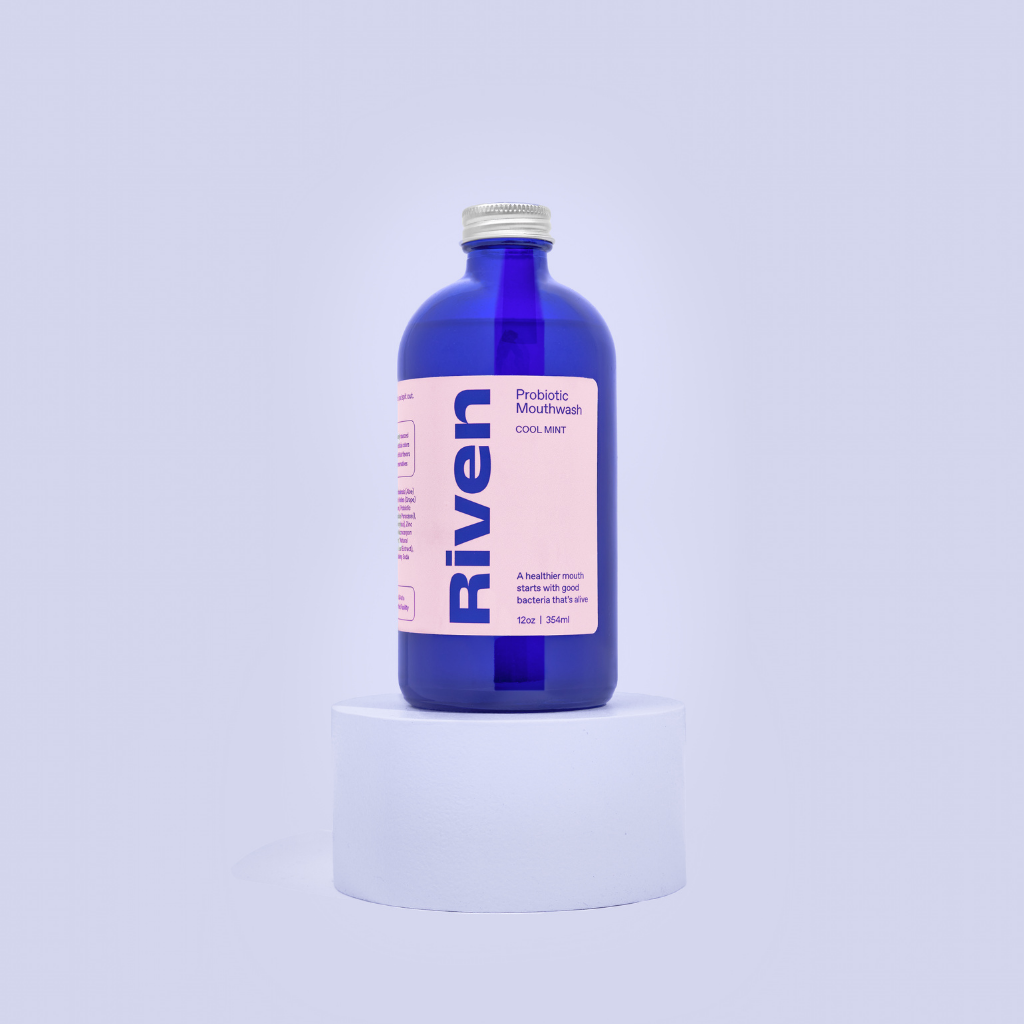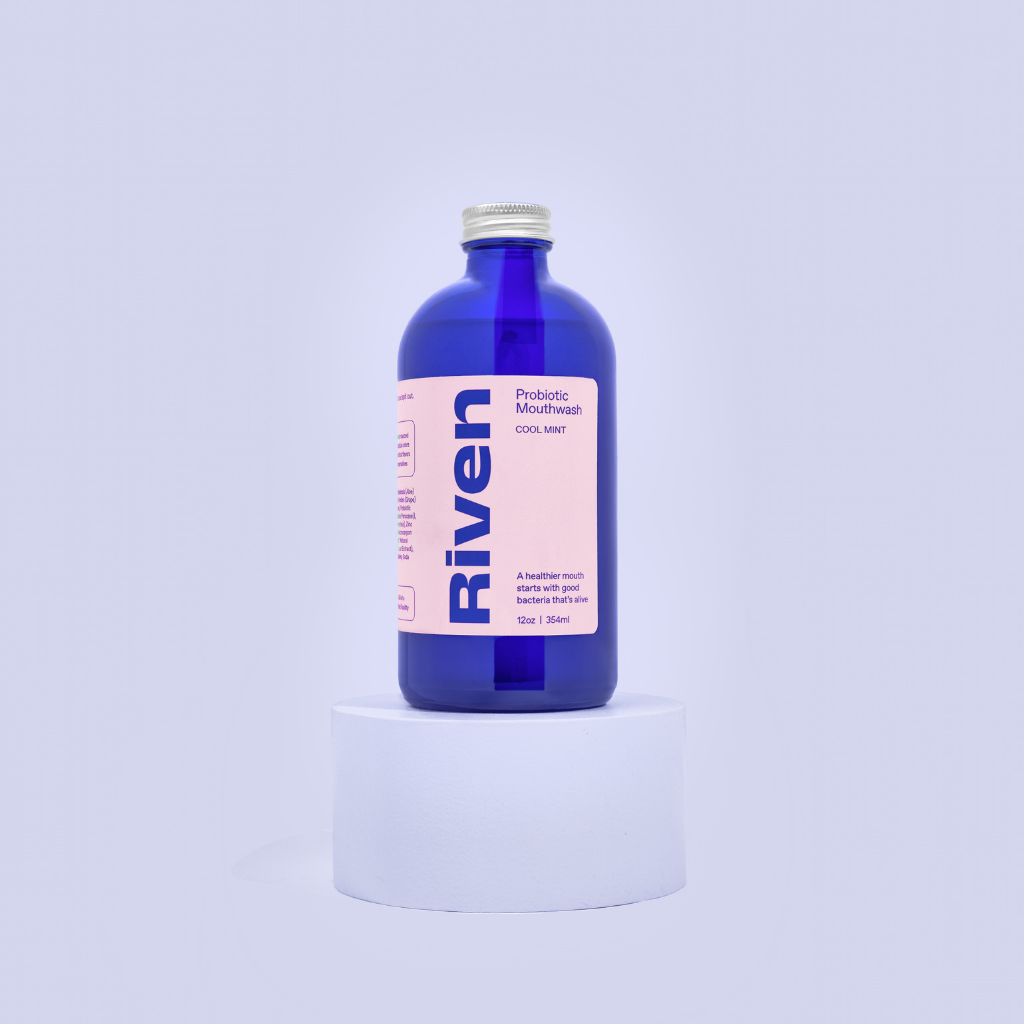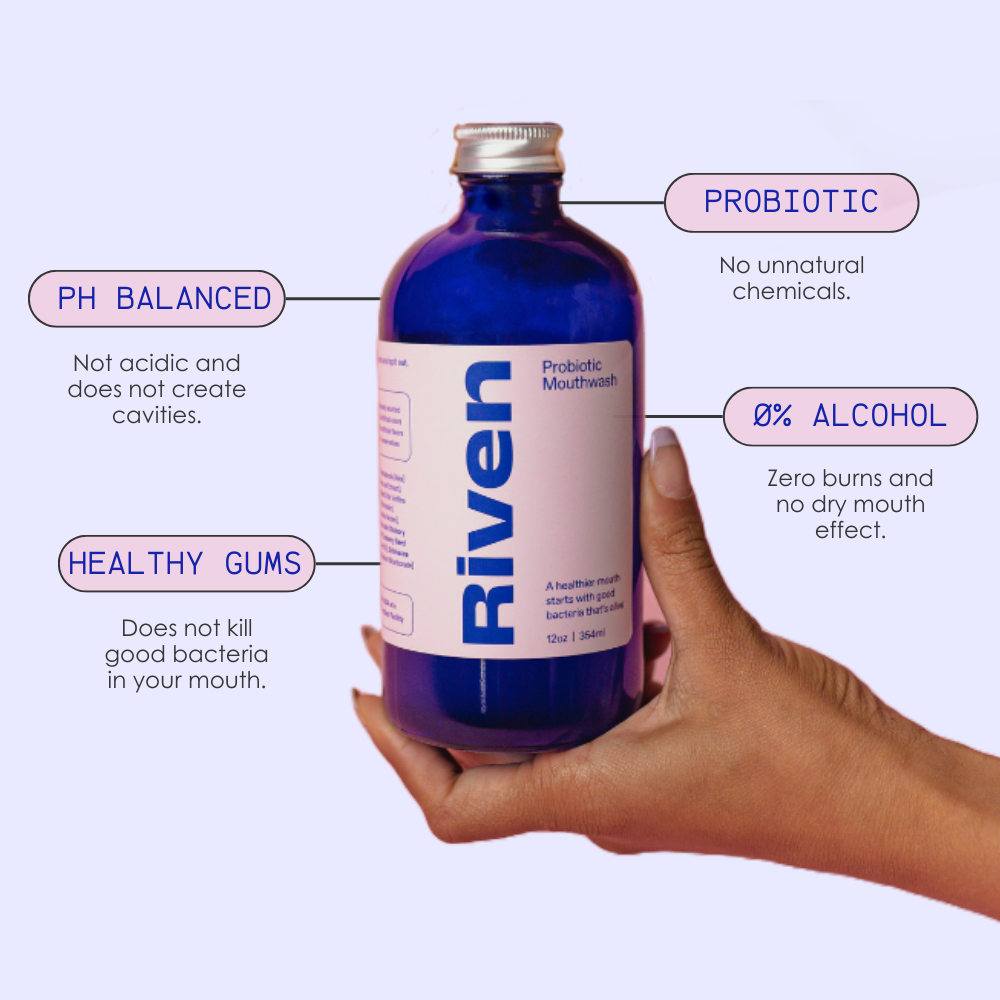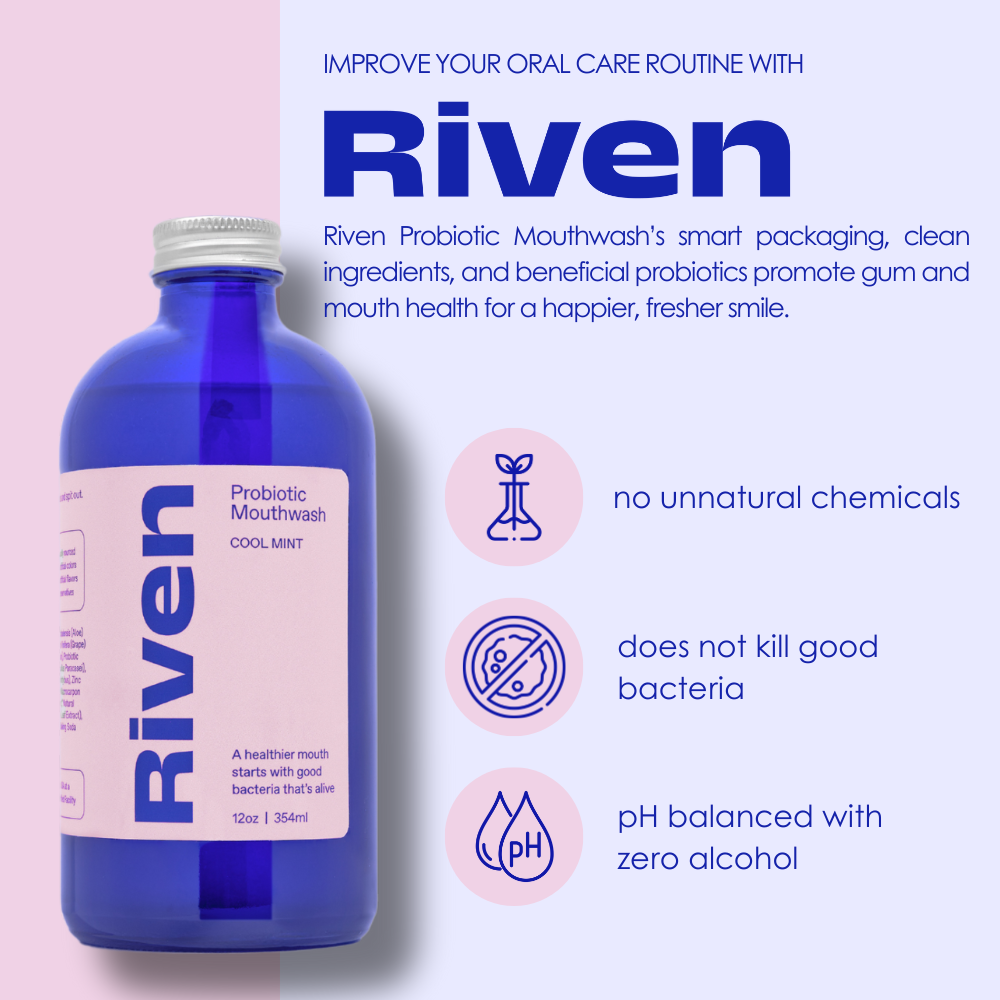Introduction
Mouthwash is a crucial component of a comprehensive oral hygiene routine, offering a supplementary means to maintain oral cleanliness, freshness, and overall health. However, the abundance of mouthwash options can be overwhelming. In this guide, we explore various types of mouthwashes, their benefits, and potential side effects to help you make an informed choice for your oral care needs.

1. Fluoride Mouthwash for Strong Teeth
Fluoride mouthwash is renowned for its exceptional teeth-strengthening properties. It aids in remineralizing and fortifying teeth, serving as a potent defense against tooth decay. Nonetheless, it's vital to strike a balance in fluoride usage to prevent dental and skeletal fluorosis, which can lead to tooth discoloration and weakened bones.
2. Cosmetic Mouthwash for Fresh Breath
Cosmetic mouthwashes, as the name suggests, prioritize a bright smile and fresh breath. These mouthwashes effectively mask unpleasant odors but do not address the underlying causes, such as bacterial buildup or oral health issues.
3. Antiseptic Mouthwash for Dental Health
Antiseptic mouthwashes contain chlorhexidine gluconate, a potent antibacterial agent. They combat halitosis and periodontal disease but should be used under professional guidance to avoid teeth discoloration and microbiome imbalance.
4. Natural Mouthwash for Gentle Care
Natural mouthwashes feature ingredients like essential oils, herbs, and aloe vera for soothing mild inflammation. However, their acidity should be considered to prevent potential tooth demineralization with excessive use.
5. Magic Mouthwash for Specialized Concerns
Prescribed by dentists, magic mouthwash blends various ingredients to manage oral issues caused by infections, ulcers, or sores. While effective, it may mask underlying problems, making professional consultation essential.
6. Whitening Mouthwash for a Brighter Smile
Whitening mouthwashes, containing hydrogen peroxide or carbamide peroxide, gradually remove surface stains. Moderation is key to avoid tooth sensitivity, and consultation with a dentist is advisable.
Explore More Articles:
- Is Your Mouthwash Making Things Worse? - This article delves into the potential drawbacks of certain mouthwash choices, shedding light on how your choice of mouthwash might impact your oral health.
- Oral Probiotics vs. Mouthwash: Which Is Better for Your Oral Health? - Explore the ongoing debate between oral probiotics and traditional mouthwash in this comprehensive article. Discover the pros and cons of each approach to help you make an informed decision about your oral care routine.
- Is There Such a Thing as Probiotic Mouthwash? - If you're curious about the concept of probiotic mouthwash and its potential benefits, this article is a must-read. Learn about the innovative idea of using probiotics for oral health.
- Is Oral Probiotics Better Than Mouthwash? - Get an in-depth comparison of oral probiotics and traditional mouthwash in this informative article. Explore their respective advantages and disadvantages to determine which option suits your oral care needs best.
Conclusion
Selecting the right mouthwash hinges on your specific oral health needs. Always consult with a dentist or oral health professional to ensure your chosen mouthwash aligns with your goals. While we have confidence in our product, we emphasize the importance of seeking personalized advice for optimal oral care. Make an informed choice to keep your oral health in prime condition.





